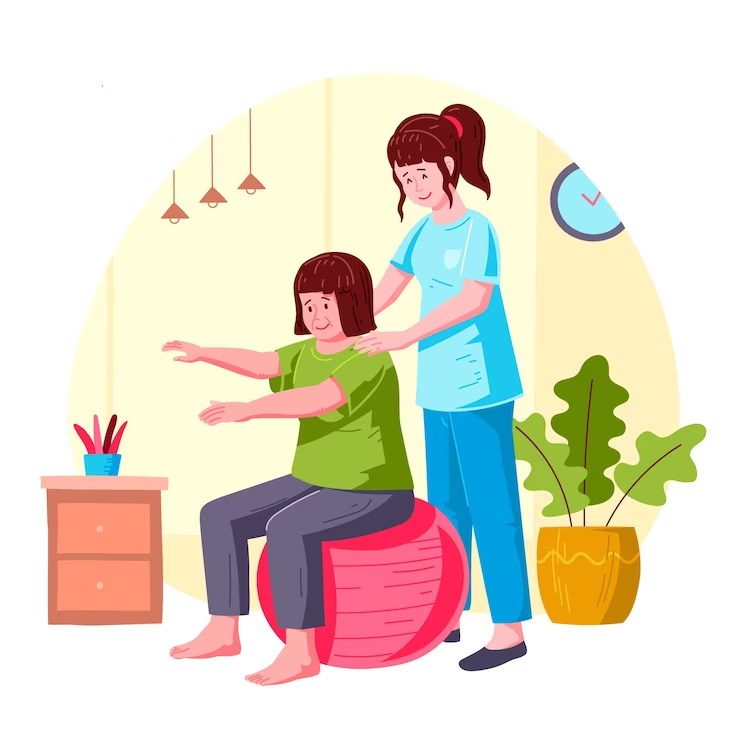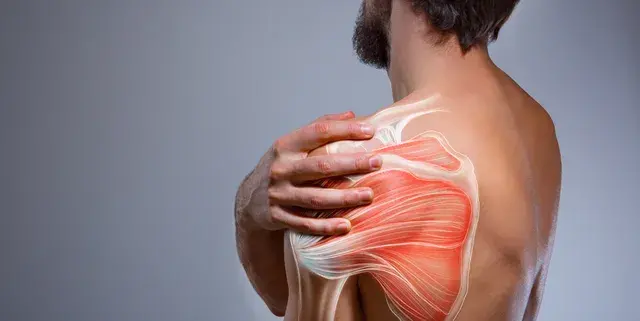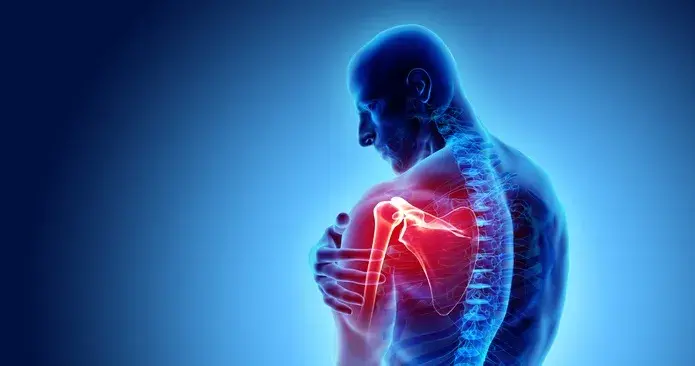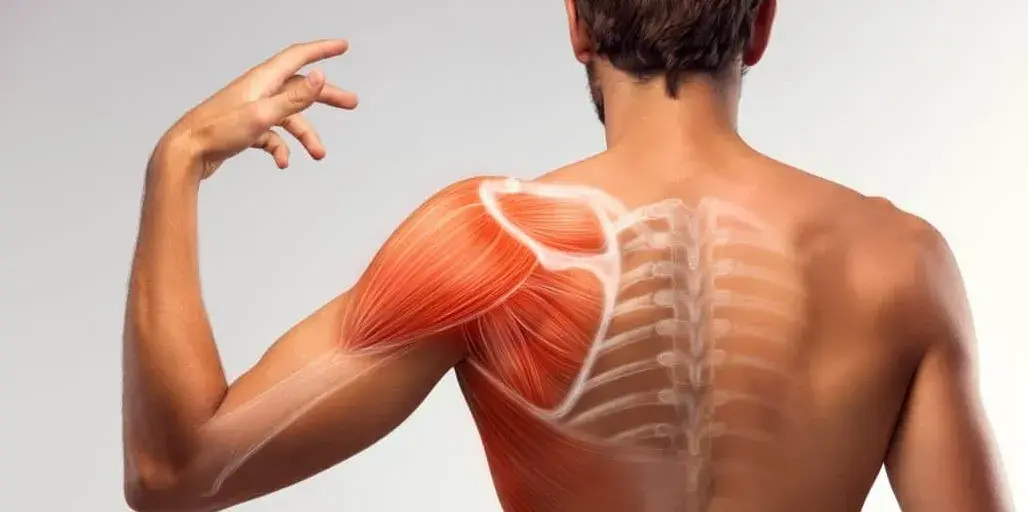
Shoulder pain can arise from various causes, including poor posture, overuse, muscle imbalances, trauma, or underlying conditions like arthritis. Symptoms of shoulder pain may include aching, stiffness, limited range of motion, weakness, or sharp, shooting pain. It can affect your ability to perform simple tasks such as reaching or lifting objects, and can impact your overall quality of life.Treatment for shoulder pain depends on its underlying cause. Initially, conservative measures such as rest, ice, and over-the-counter pain medications may be recommended. Physical therapy exercises are often prescribed to improve strength, flexibility, and posture.







